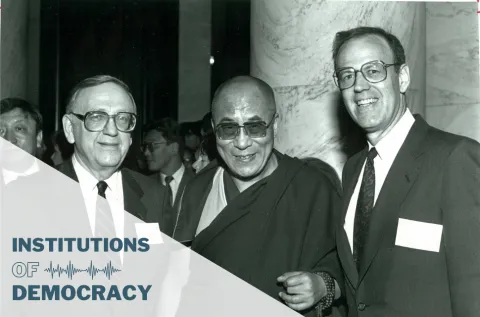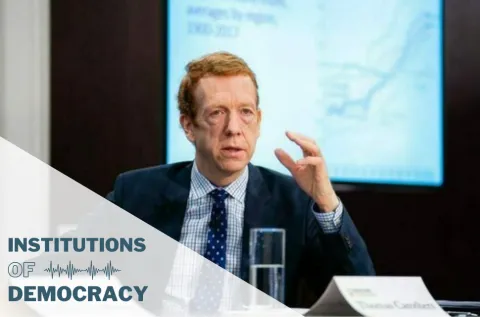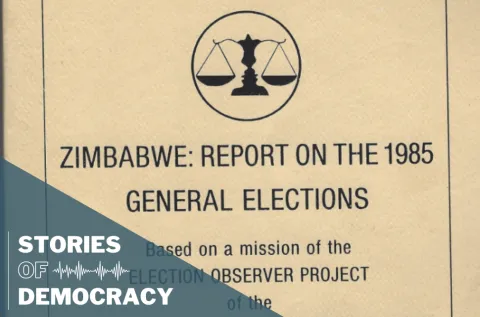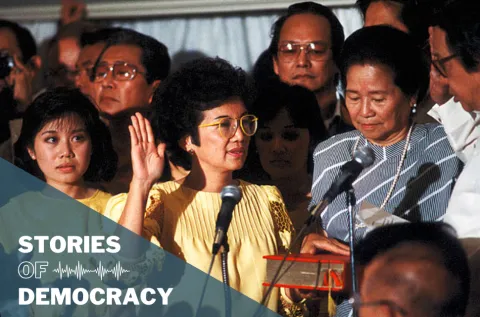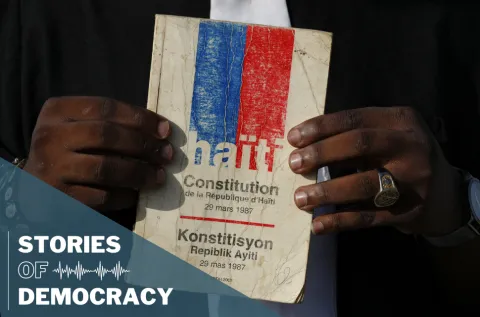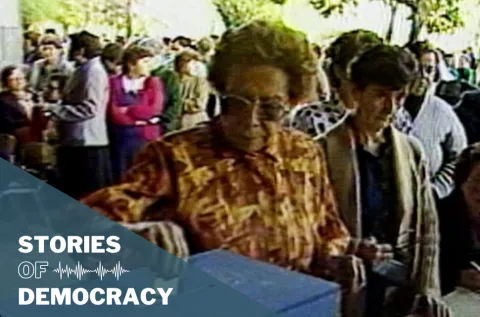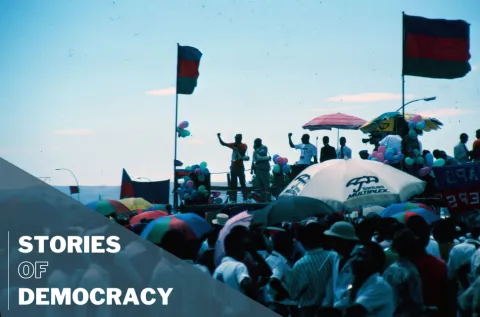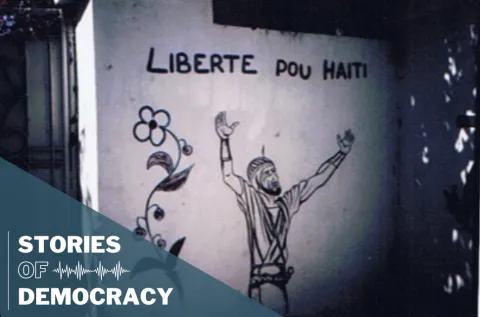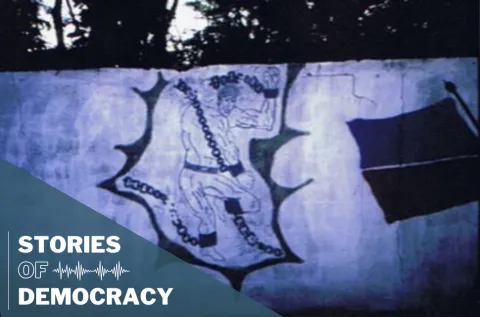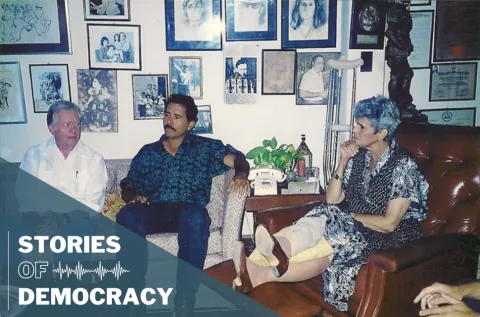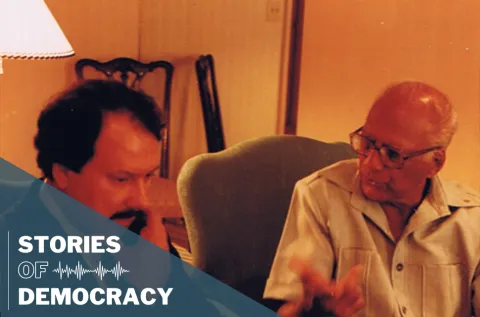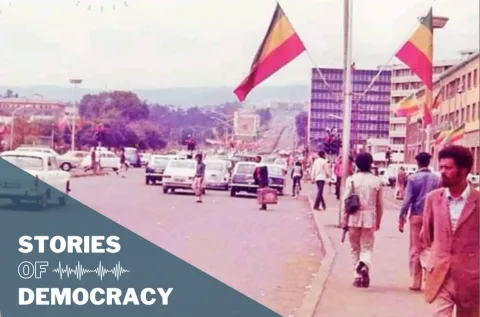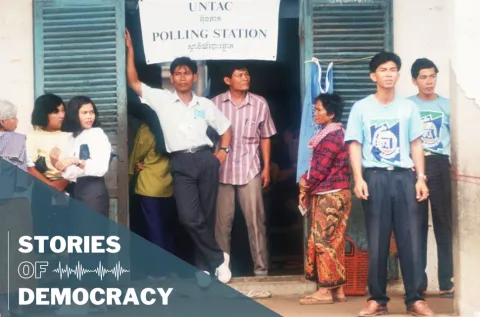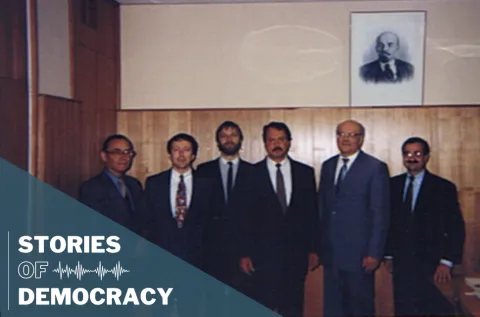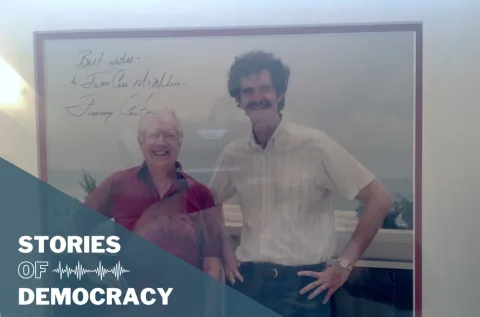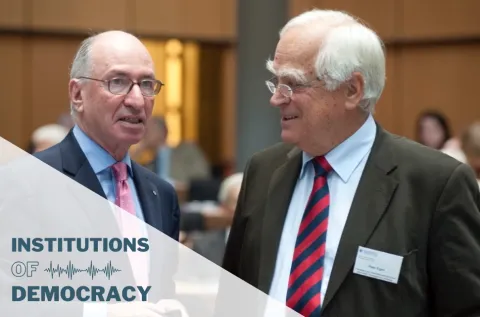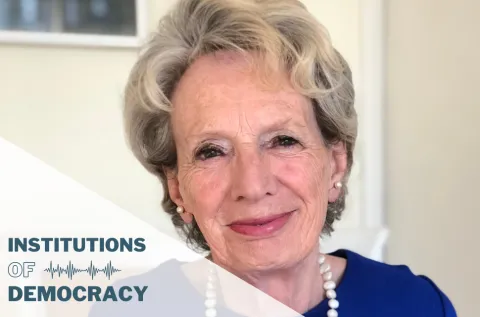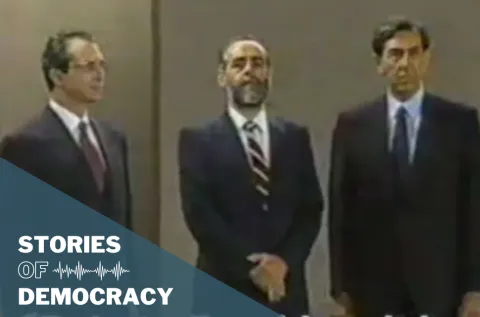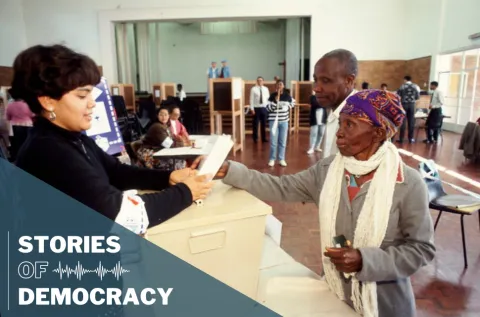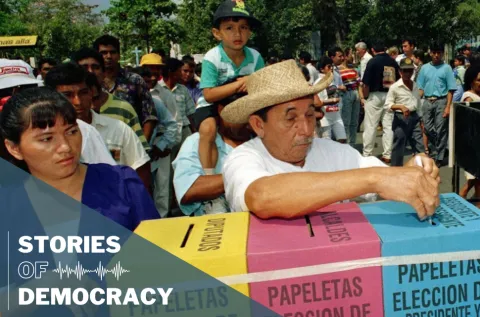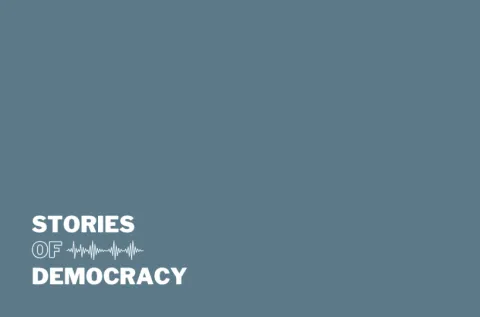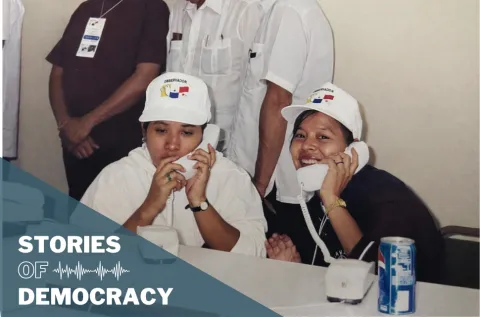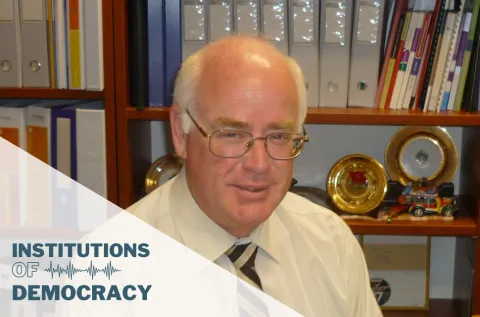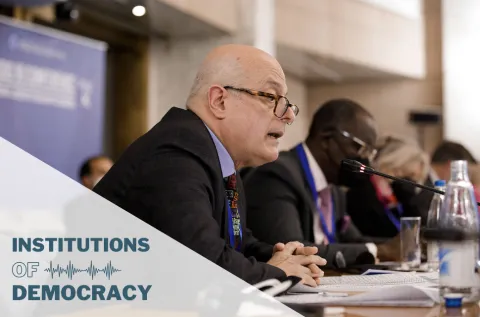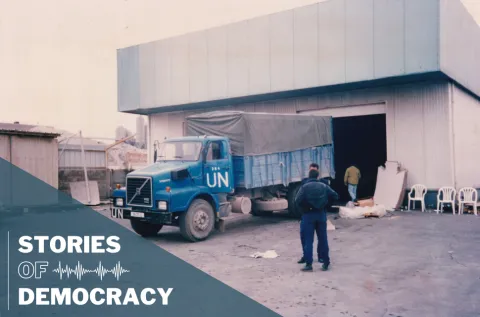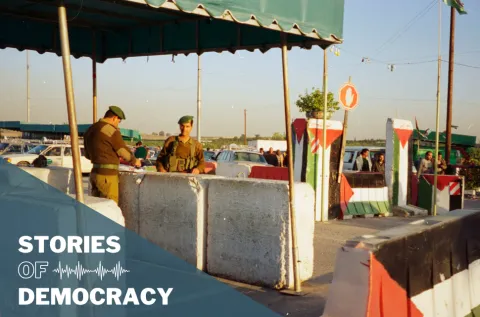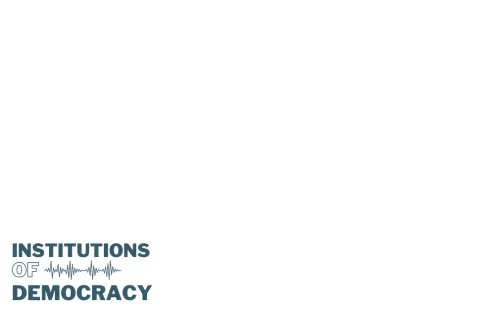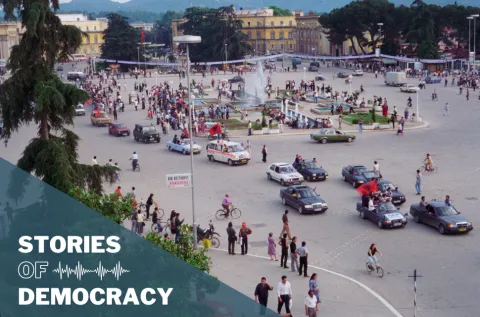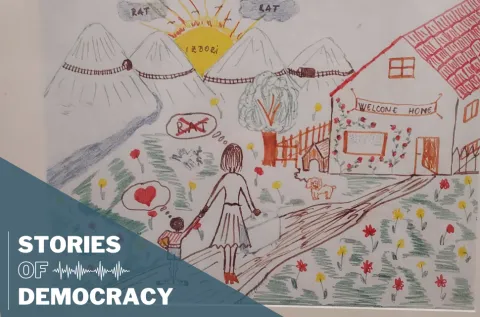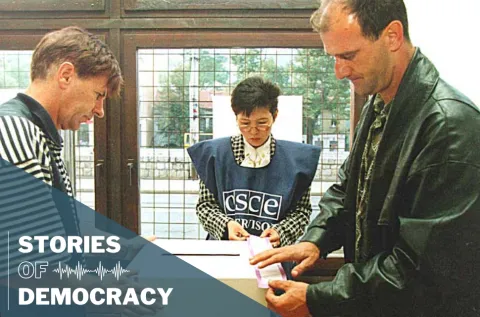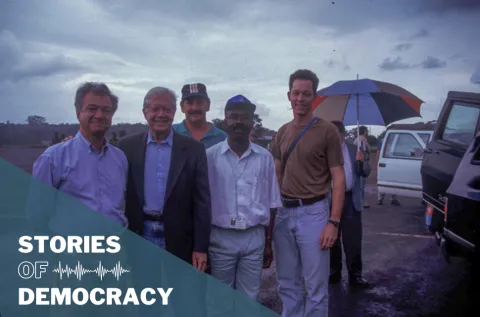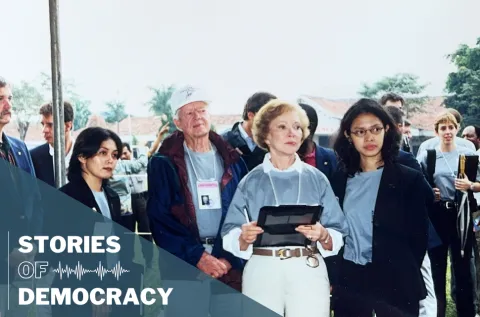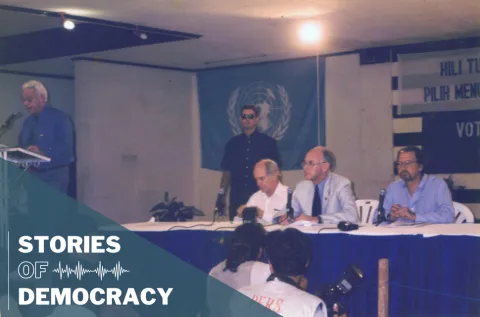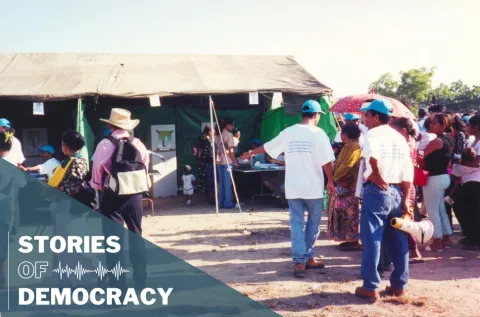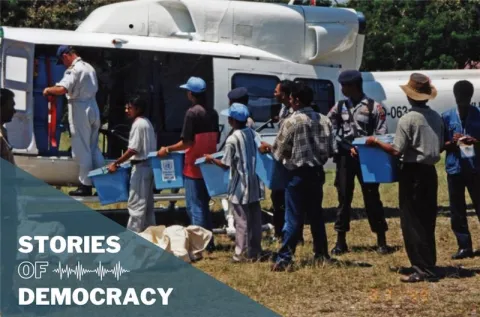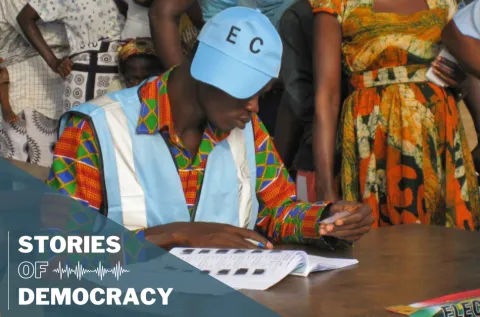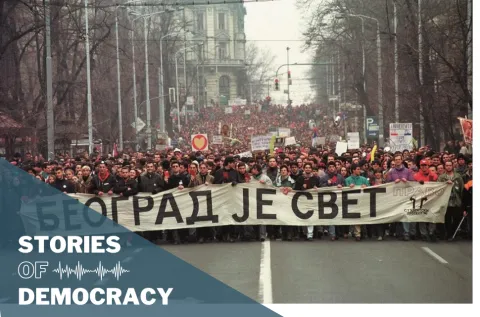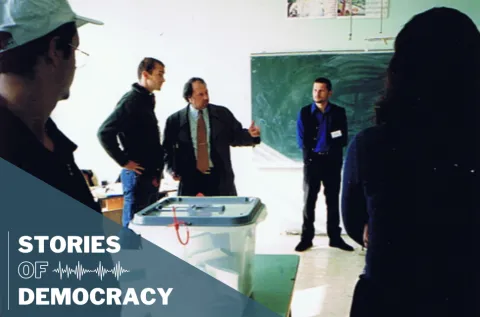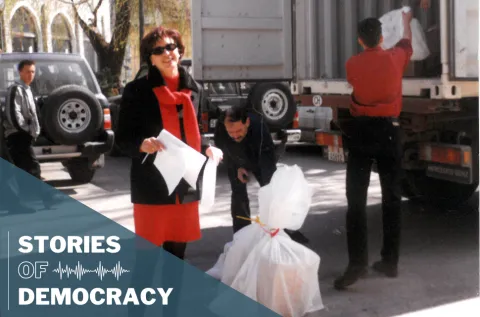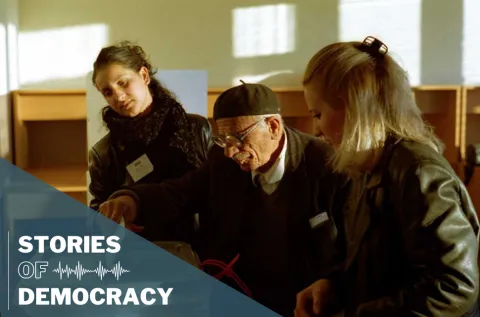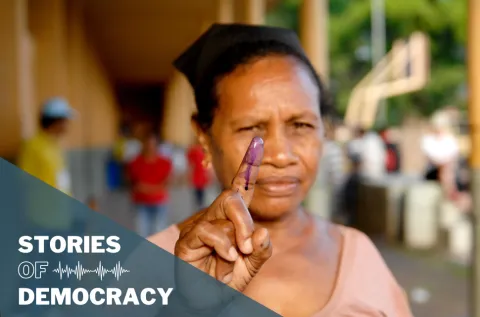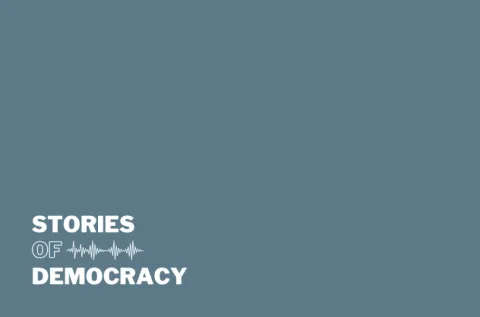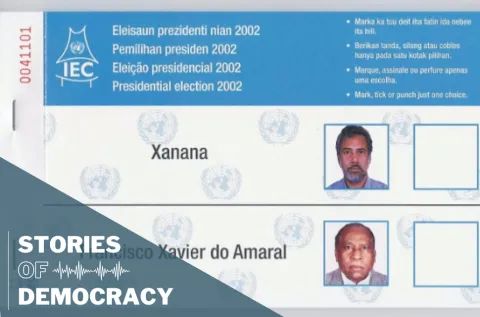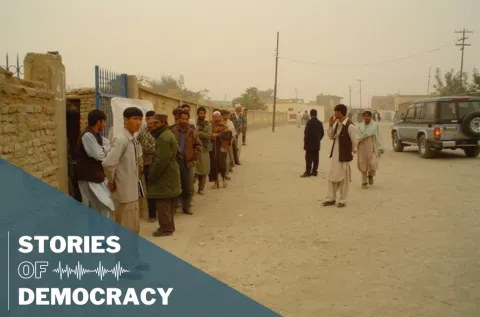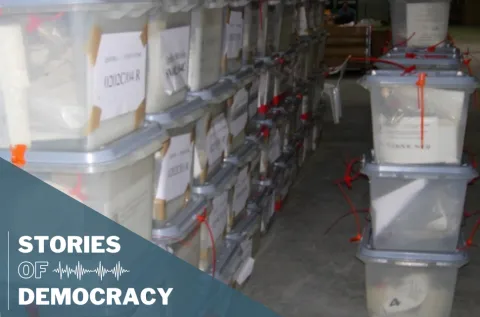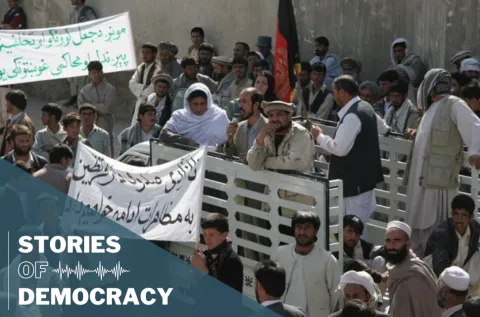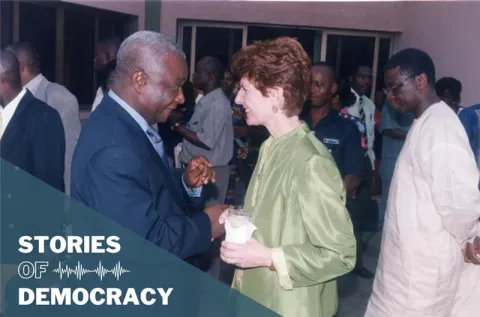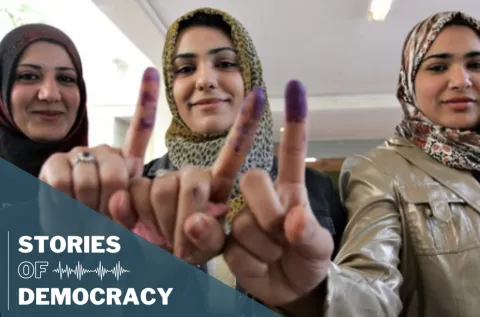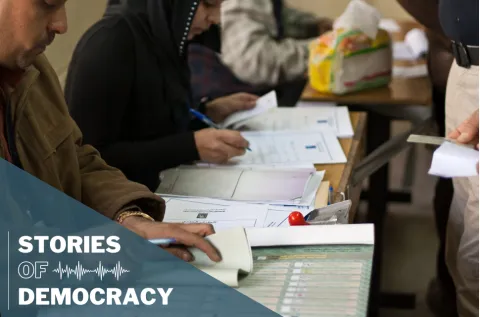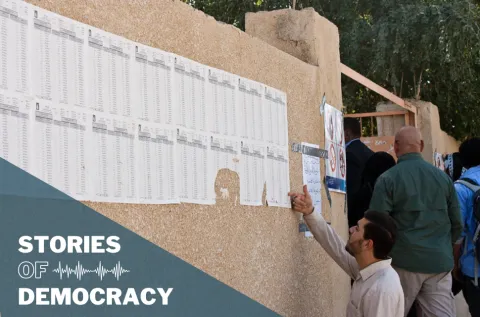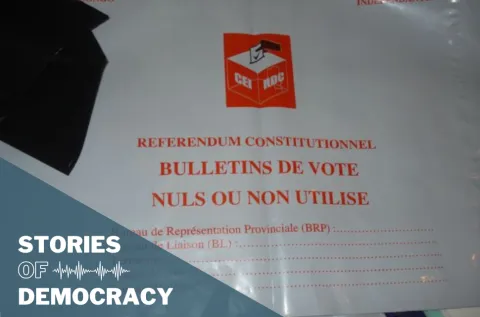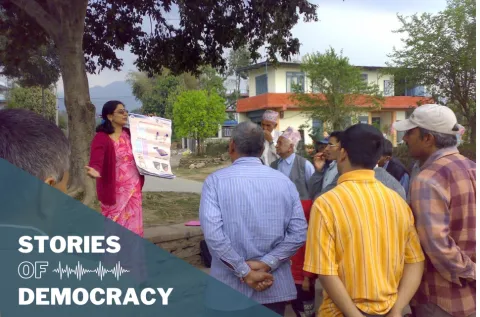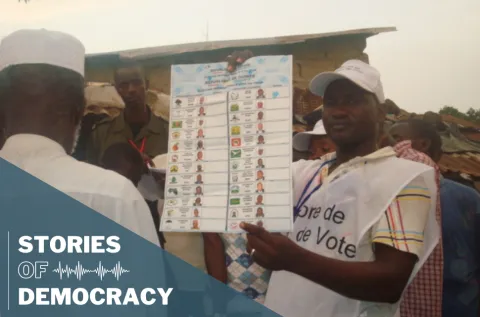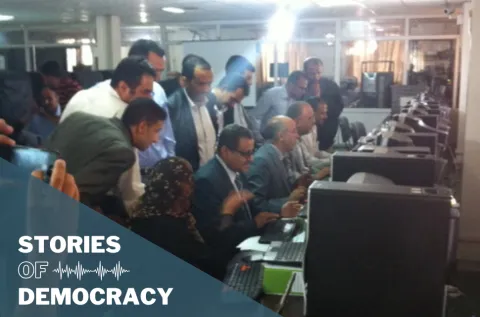Institutions of Democracy- 1991- United Nations Electoral Assistance Division
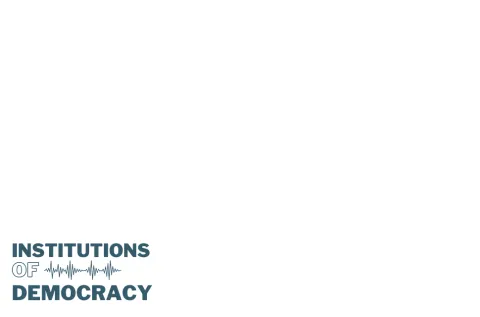
The United Nations has become a key actor in helping member states organize and conduct democratic elections. Although the UN engaged in electoral processes during decolonization and peace processes as early as the 1950s, its role in election assistance was formalized only in 1991 with the creation of a small electoral assistance unit. Since then, the demand from member states for electoral assistance has led to the unit becoming the Electoral Assistance Division (UNEAD). The division has provided various forms of such assistance to over 100 member states and implemented more than 300 electoral projects, supporting electoral processes as a means of promoting self-determination, good governance and peace.
In this recording, Robin Ludwig, a former staff member of the Electoral Assistance Division, recounts the origins of UN electoral assistance. She traces how initial experiences with the verification of trusteeship referenda evolved into a broader system of electoral assistance during the post-Cold War period, when rising global demand for democratic governance and peacebuilding led to the establishment of UNEAD. Ludwig reflects on the challenges faced during its creation, the debates over sovereignty and human rights, and the innovations that shaped UNEAD’s structure and approach, making it a trusted and neutral partner in supporting electoral processes worldwide.
Robin Ludwig was a staff member of the United Nations for 33 years, including 15 years in the Electoral Assistance Division. She participated in and led needs assessment missions, field missions and backstopping of field projects from New York. She was particularly involved with UN assistance for referenda and elections in Kenya, Malawi, East Timor, Tanzania and The Gambia. She was also responsible for drafting the annual reports of the Division to the General Assembly. A native of Michigan, US, Ludwig holds a master/s degree in international relations from Columbia University and a doctorate in political science from the University of Michigan.
